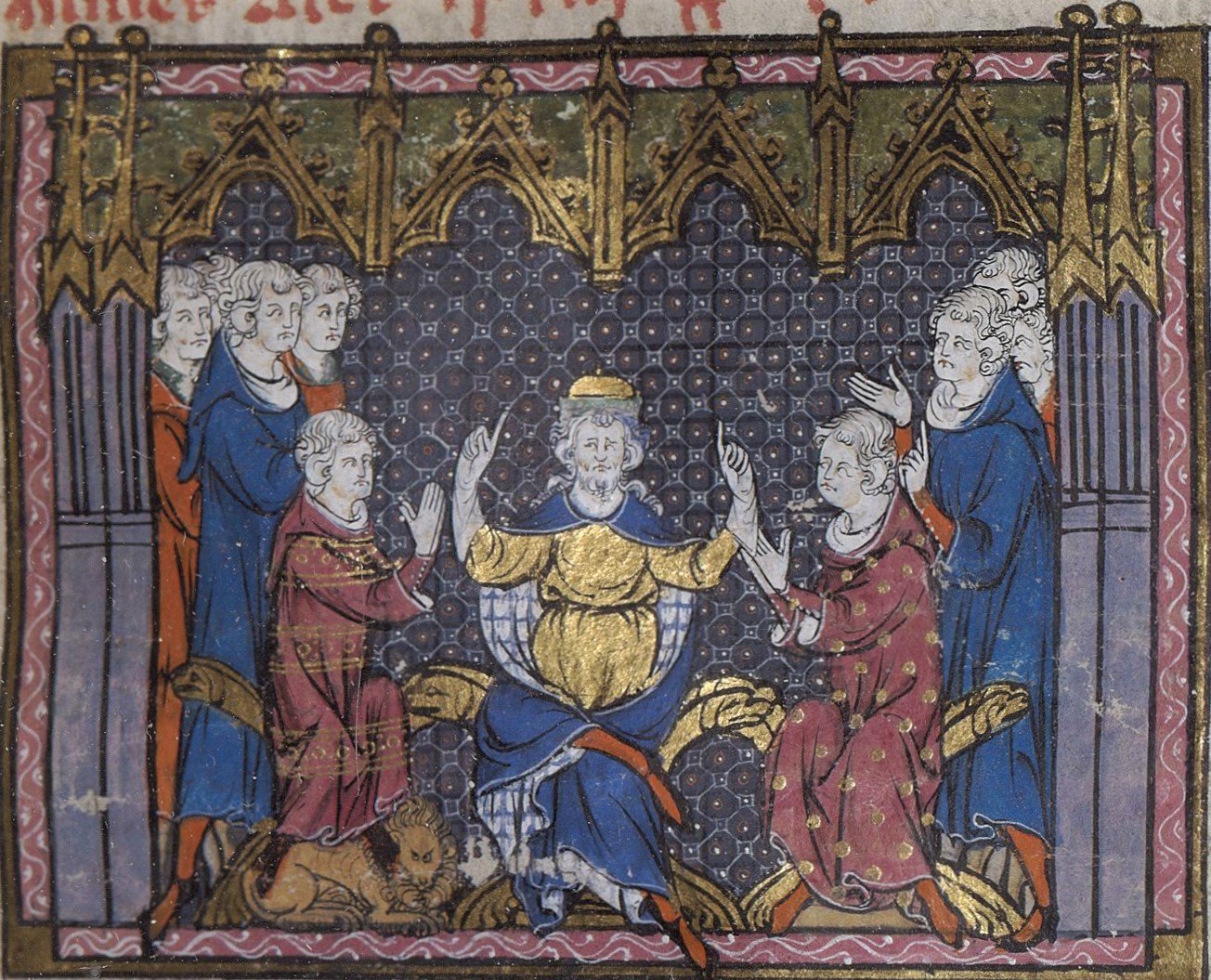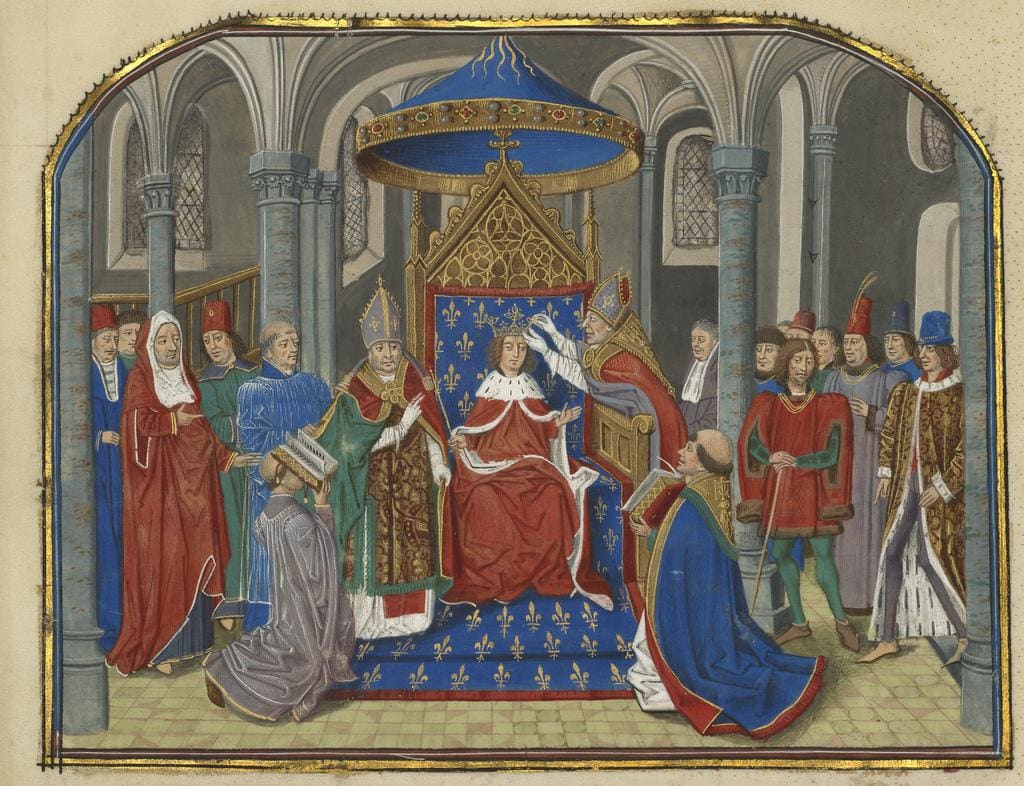The power and authority wielded by the mighty has often been delegated to subordinates. Sometimes, those subordinates become mighty in their own right, and evolve into the real power behind the throne of their employers. Or even eclipse their bosses, and outright replace them. Charlemagne’s father was one such. Below are twenty five things about him, and other historic subordinates who became the real power behind the throne of their patrons.

The Mayors of the Palace Who Became the Power Behind the Throne of this Dark Age Dynasty
Ancient Roman land magnates employed a major domus (mayor, or administrator of the household) to supervise and oversee their numerous, often scattered, estates. After the fall of the Western Roman Empire fell, the Frankish kings of the Merovingian Dynasty employed a similar functionary known as the major palatii (mayor of the palace) to do the same for their households and properties. While a Roman major domus wielded significant delegated authority on behalf of his employers, the Frankish mayors of the palace took that a step further. Mayors of the palace became a power, or the power, behind the throne of their royal employers, whom they reduced to puppets. They were helped by a series of Merovingian child kings who were crowned in the late sixth century.

The mayors of the palace, as tutors of the young royals, came to control the government during the minority of their charges. With the passage of time, they began to wield power even after the kings came of age. In the mid-seventh century, members of the Carolingian family began to hold mayoral power in the Frankish kingdom of Austrasia. From there, they expanded their influence until they came to control the Frankish kingdoms of Neustria and Burgundy as well. They also made the position hereditary. Eventually, they tired of the charade, and did away with the Merovingian kings altogether. In 751, Pepin III the Short, father of Charles the Great or Charlemagne, kicked the last Merovingian monarch, Childeric III, off the throne. He took the crown for himself, and established the Carolingian Dynasty, which survived until the twelfth century.

